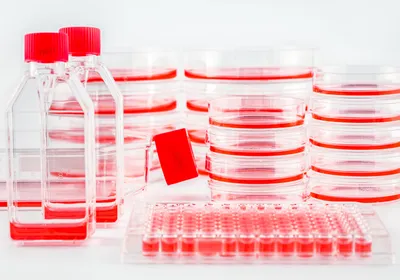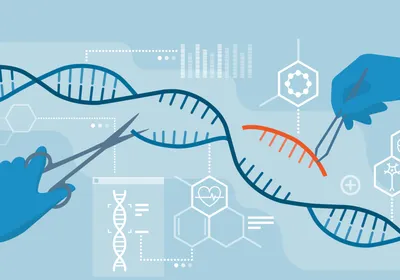 FLICKR, HEY PAUL STUDIOSCystic fibrosis (CF) patients who inhaled normal copies of the mutated gene that underlies the disorder tended to show fewer symptoms than control patients, according to the results of a Phase 2 clinical trial published in Lancet Respiratory Medicine last week (July 3).
FLICKR, HEY PAUL STUDIOSCystic fibrosis (CF) patients who inhaled normal copies of the mutated gene that underlies the disorder tended to show fewer symptoms than control patients, according to the results of a Phase 2 clinical trial published in Lancet Respiratory Medicine last week (July 3).
Of 140 patients enrolled in the U.K.-based trial, 78 received treatment, which involved inhaling non-mutated copies of the cystic fibrosis transmembrane conductance regulator (CFTR) gene once a month for a year; 62 served as placebo controls. Patients whose lungs were the most clogged prior to taking the treatment showed a very slight improvement in lung function, while others in the treatment group experienced a slightly slowed decline.
“Patients who received the gene therapy showed a significant, if modest, benefit in tests of lung function compared with the placebo group,” Imperial College London’s Eric Alton, who led the trial, told Reuters. Alton noted that this was the first demonstration that repeated gene therapy can improve lung function, adding that he and his colleagues hope to move ...






















